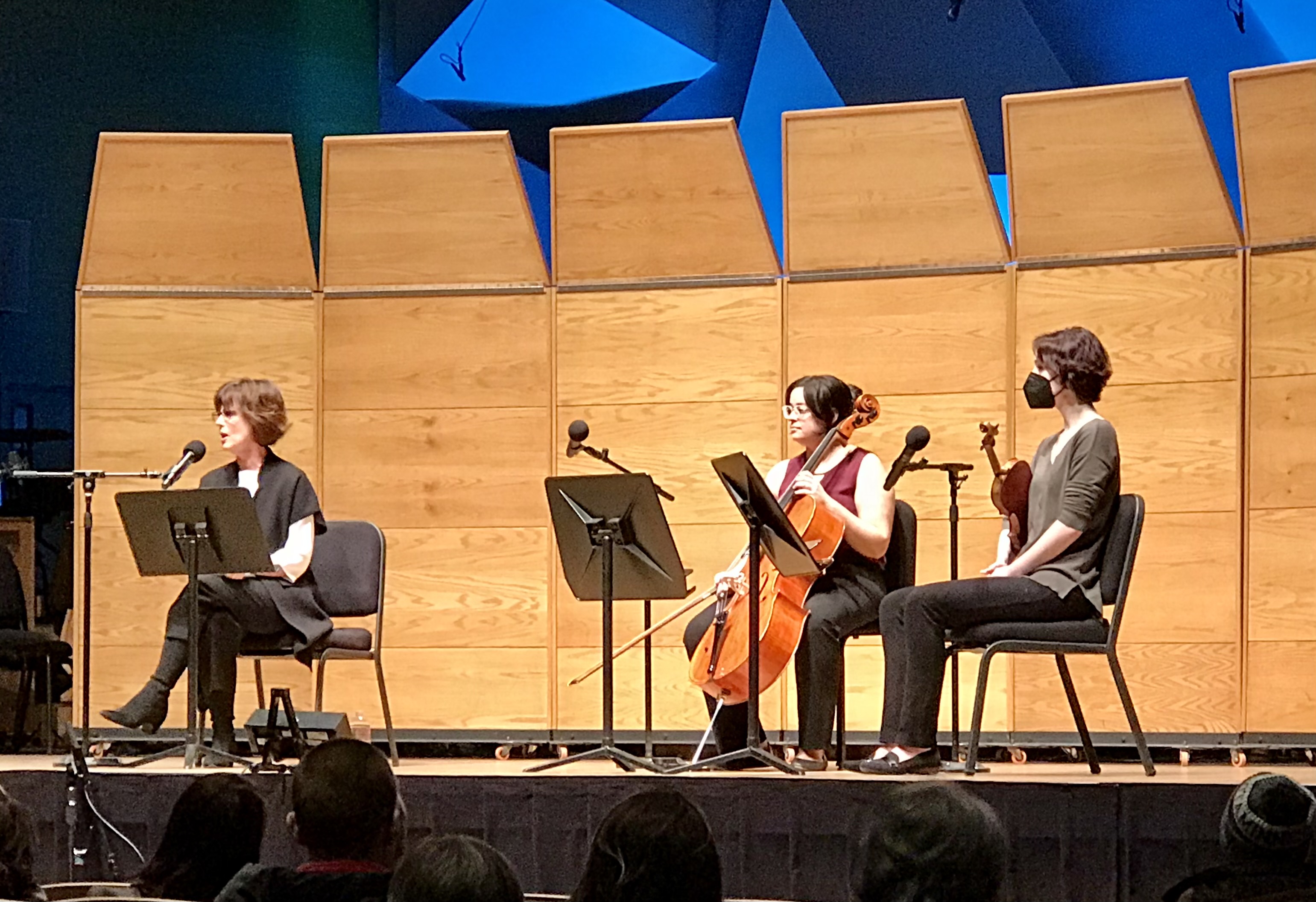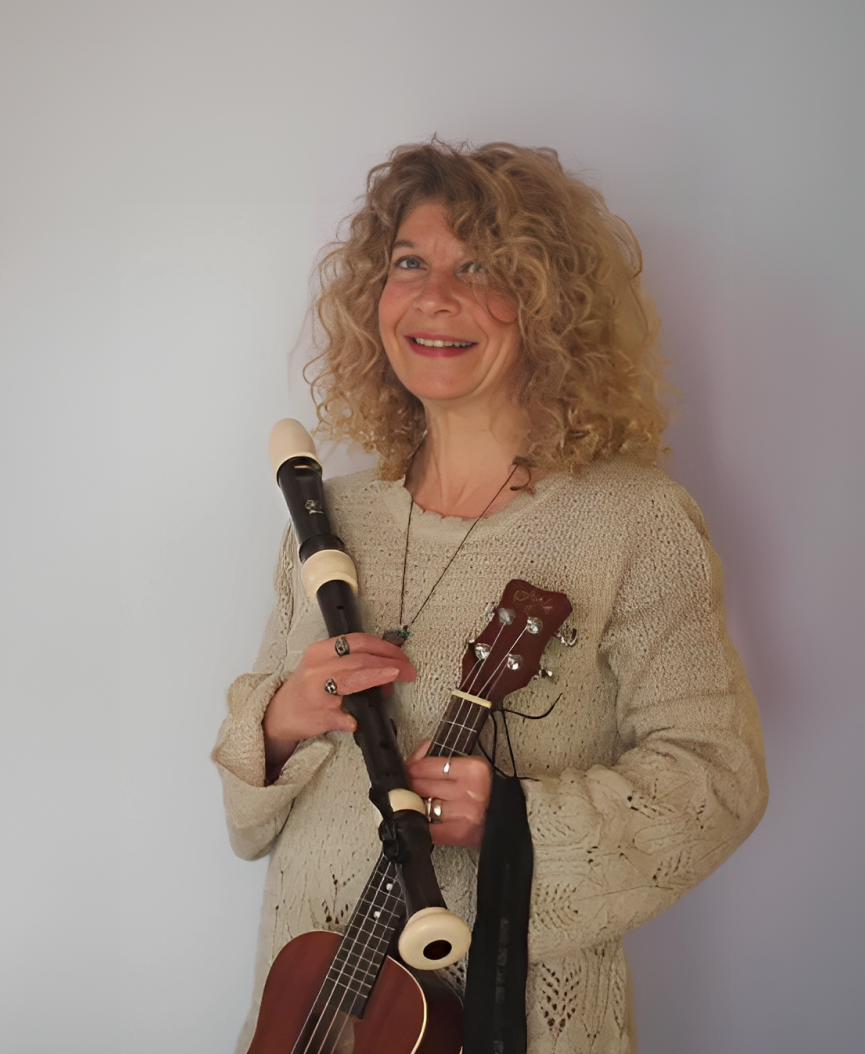Mindfulness-Based Stress Reduction: Bedrock of the Bakken Center
Thanks to more than a decade of mindfulness-based stress reduction programs (MBSR), thousands of people use its techniques to manage stress and improve wellbeing.
January 2, 2024
Suzy Frisch
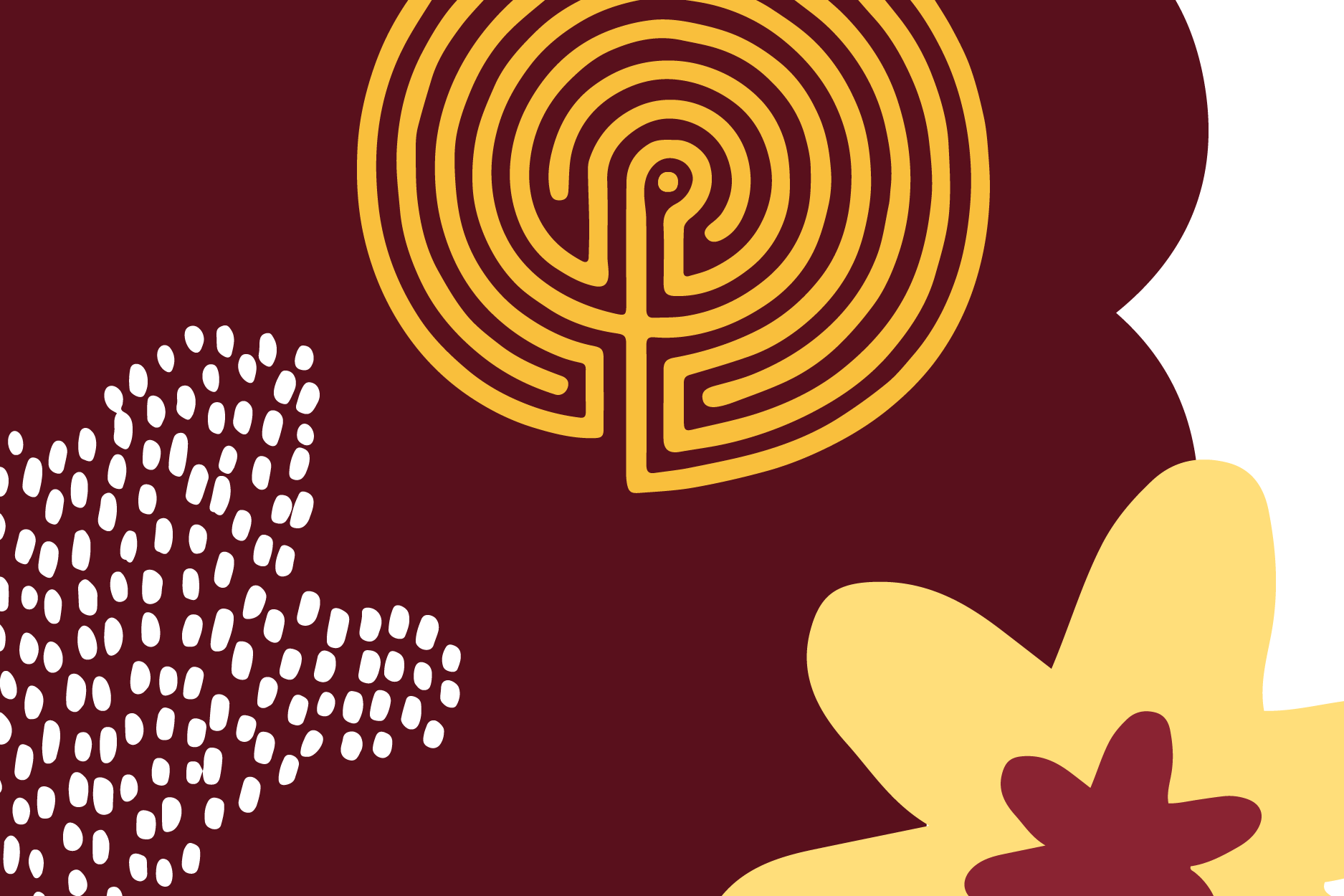
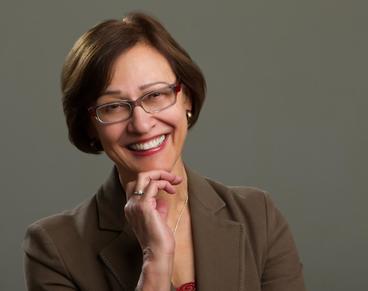
Jeanne Voigt came to mindfulness as a skeptic. But during the isolation of the COVID-19 pandemic, she craved connection and stress relief. A friend pointed her to Mindful Mondays, an online offering from the Earl E. Bakken Center for Spirituality & Healing, where people from around the world come together weekly for meditation and gentle movement.
“By the end of the session, I always felt good. It helped me feel settled and calm,” Voigt says. “And then I was hooked.”
Voigt discovered that mindfulness-based stress reduction (MBSR) classes would help her dive deeper, and she enrolled in the Bakken Center’s eight-week program in 2023. It engaged her further in mindfulness practices, body scans, and mind-body movement like yoga and qigong.
Before long, she noticed that doing these practices made a major difference in her daily life, actions, and outlook.
Voigt mastered strategies for handling things that trigger her frustration, such as driving. “I learned that I didn’t need to react to everything immediately. If there’s something that you don’t like about what you do, you can change it,” she says. “I got to be a nicer person. It’s not like moving mountains, but it’s small changes in behavior that really make a difference.”
Sue Nankivell, Director of Business Development and Community Relations for the Bakken Center, knows that Voigt’s positive experience is common. She regularly gets feedback from people after they complete an MBSR course through the Center. “More than any other community program, I hear all the time from people who say that this program changed their life,” Nankivell says. “It tends to be something that stays with them forever.”
Core Curriculum
Mindfulness practices have long been a foundational component of the Center since its founding in 1995, with MBSR serving as a cornerstone since 2012. Its offerings and participation have grown steadily as evidence continues to mount, showing its positive effects on anxiety, depression, stress, chronic diseases, and pain reduction.
“There are many doorways to mindfulness,” says Center Director Mary Jo Kreitzer, PhD, RN, FAAN, FNAP. “We spend a lot of time remembering the past and anticipating the future and not noticing what is going on around us. Cultivating a sense of mindfulness means trying to be in the present moment. It’s a way of life.”
In the Bakken Center’s early days, it hosted Jon Kabat-Zinn, who developed MBSR and the University of Massachusetts Center for Mindfulness-Based Stress Reduction. Kreitzer recalls the advice he shared: “Live the work. Don’t just do the work.”
To Kreitzer, that meant making mindfulness part of everything the Center does, including building a strong cadre of teachers who are MBSR-certified, engaging in scientific research, and offering numerous mindfulness courses to the community and University of Minnesota students, faculty, and staff.
Participation in mindfulness programs including MBSR has been consistently strong throughout the years, and the Center meets the moment as needs change. Putting Mindful Mondays online was one pivot, and it prompted participation to expand from in-person groups of 25-30 to more than 1,000 online. The Center now offers virtual, in-person, and hybrid courses, a four-week introduction to mindfulness, plus sessions on mindful eating and mindfulness at work.
Some people get introduced to MBSR at the Bakken based on their clinician’s recommendation. That has become more common as additional studies highlight that mindfulness practices often improve mental and physical health. Others find validation that the Center’s offerings are rooted in an academic institution. “That really sets us apart,” Nankivell says, building trust that courses are evidence-informed with quality instructors.
Susan Flannigan, CNP, MPH, started teaching MBSR in 2013 at M Health Fairview in Wyoming, Minn. She noticed how effective MBSR was for people with conditions like back pain and high blood pressure, and she regularly heard that students experienced improved sleep, mood, and focus.
The MBSR tools that participants learn are effective, helping people shift their awareness from the busyness of their mind to their body, Flannigan says. Mindful movement, breathwork, and meditation combine to engage people’s nervous system and help them relax. The more they practice, the more they can call on that relaxation response, especially during stressful times.
“From a health care perspective, MBSR is good medicine. It promotes health, prevents disease, and helps manage chronic conditions,” Flannigan says. “I am grateful to the Center for responding to the needs of the community and making this program more widely accessible.”
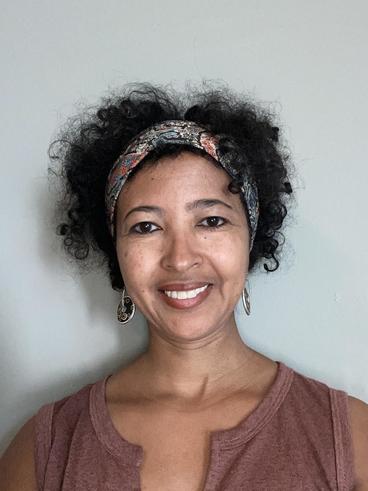
Urogynecologist Rahel Nardos, MD, MS, enrolled in the Center’s MBSR course to help her manage stress and anxiety stemming from several hardships, including grief and a chronic medical condition. She finds that daily meditation and self-awareness practices make an enormous difference personally and professionally. To activate these practices, Nardos is collaborating with the Center on a mindfulness app for people with pelvic floor challenges.
“I find this practice to be so helpful in shaping how I choose to show up every morning to my patients, colleagues, and family,” Nardos says. “I believe that there is a strong connection between the mind and the body that is so often ignored in medicine. Stress and anxiety play a big role in how our illnesses manifest themselves and how we cope with them. If we can help people understand the connection through meditation and movement practices, they will do so much better in all aspects of their life.”
Stress Management
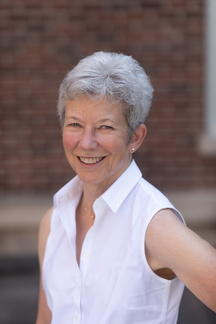
Susan Miles can attest to the destructive effects of stress on her own life. A Minnesota District Court senior judge, Miles felt the weight of constant human drama unfolding in her courtroom and noticed her coping skills waning. She turned to meditation as a means of professional survival, eventually moving toward mindful meditation. While training to become an MBSR-certified instructor, Miles gained self-awareness tools and methods for adapting under stress.
Miles started teaching at the Bakken Center in 2017, along with educating lawyers and judges in MBSR. “I decided that my contribution in this life would be helping to change the world one mind at a time,” she says. “I love to help people change. In eight weeks, you see it and feel it with your own eyes. Students learn that they don’t have to believe the thoughts in their head, and they learn to get off autopilot and coach themselves in coping mechanisms when they are under stress. That results in more clarity in their personal and professional lives.”
Miles appreciates the Center’s abiding commitment to MBSR, including providing support and training to teachers so they stay current. That, in turn, helps instructors continue to stoke their passion for the practice and share their insights with students.

Yoga teacher and University alumna Joshlyn Olsen benefitted from that knowledge. She was already familiar with mindfulness, but she wanted to incorporate more practices into her life and her yoga classes. She enrolled in the Center’s MBSR course to commit to meeting these goals.
“When I practice mindfulness, I really ground myself in the moment and in my experience. I have found that I am less reactive to anything external in my life and I’m able to respond in a more thoughtful way,” Olsen says. With her yoga students, she seeks to demystify mindfulness. “I more intentionally bring in clarifying information about what mindfulness is to make it more approachable.”
Sara McMullen took the Center’s MBSR course in 2006 and can attest that practicing mindfulness is life-changing and enduring. She still uses many of the techniques from class to reduce her anxiety, including meditation and body scans.
“I learned that I don’t have to be busy all the time and to have more self-compassion,” McMullen says. “It helped me realize that I need to allow myself time to relax. I’m really glad that I found some relief and more joy and pleasure in my life with MBSR.”
Broaden the reach of our MBSR program by making a donation to support our ‘pay-what-you-can’ pricing, providing accessibility for all. Your contribution ensures that everyone can benefit from the healing power of mindfulness. Visit z.umn.edu/GiveCSH

